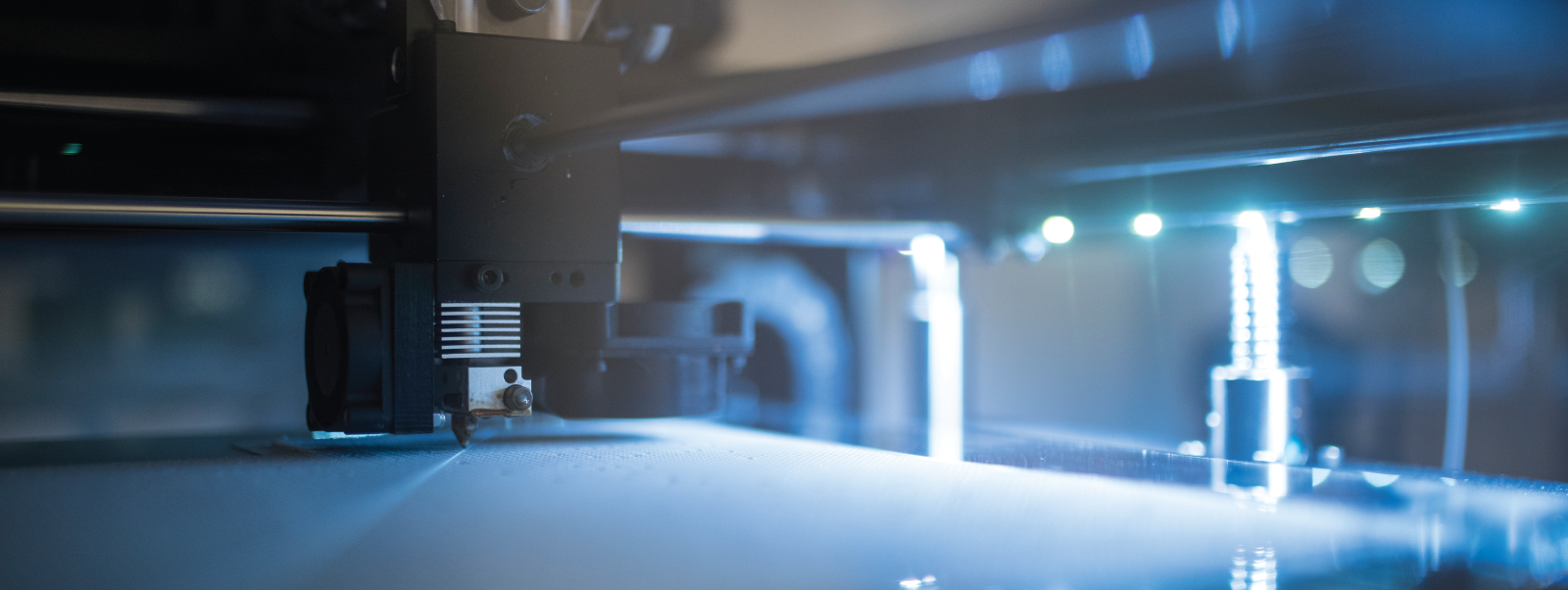This article first appeared in Forbes.
The race is on to use 3D printing to produce small-series parts, on demand and on location, for industries ranging from aerospace to automotive. At stake is a $400 billion market for spareparts manufacturing and logistics. And those changes are not 20, or even 10, years out – they are happening now.
Logistics firms will have an advantage over their individual spare-parts customers in that they could quickly realize economies of scale from 3D printing, by virtue of their networks of distribution centers, warehouses, and sophisticated inventory management software.
Using models built through computeraided design (CAD), 3D printing can produce virtually any solid object, even those with complex architectures, and in a range of materials, including plastic, ceramic, and metal. Currently, about half of 3D printing – also known as additive manufacturing – is used for prototyping. This saves manufacturers time and money, because they can develop new components or products on demand, with less waste and without expensive tools and molds. Industry analysts, however, project that within three years fully 80 percent of global 3D printing capacity will be dedicated to making finished products. GE, for example, expects to print 40,000 jet-fuel nozzles for aircraft by 2020.
This is not good news for spare-parts makers. Equipment that experiences constant wear and tear – such as planes, trains, trucks, and cars – requires a steady stream of spare parts specific to each make and model. These are often complex parts produced in small series and sometimes for decades, in cases where equipment has a long life span.
THE FORECAST FOR 3D PRINTING
In 2030, 3D printing could represent a $400 billion market
Source: Oliver Wyman modelization and analysis
Parts Makers Confront 3D Printing
Partner Marc Boilard on how traditional spare-parts suppliers in automotive and aviation are about to be disrupted.
About authors
Gilles Roucolle is a Paris-based partner and Oliver Wyman's European Transportation practice leader. Marc Boilard is a Paris-based partner in Oliver Wyman's Automotive practice



